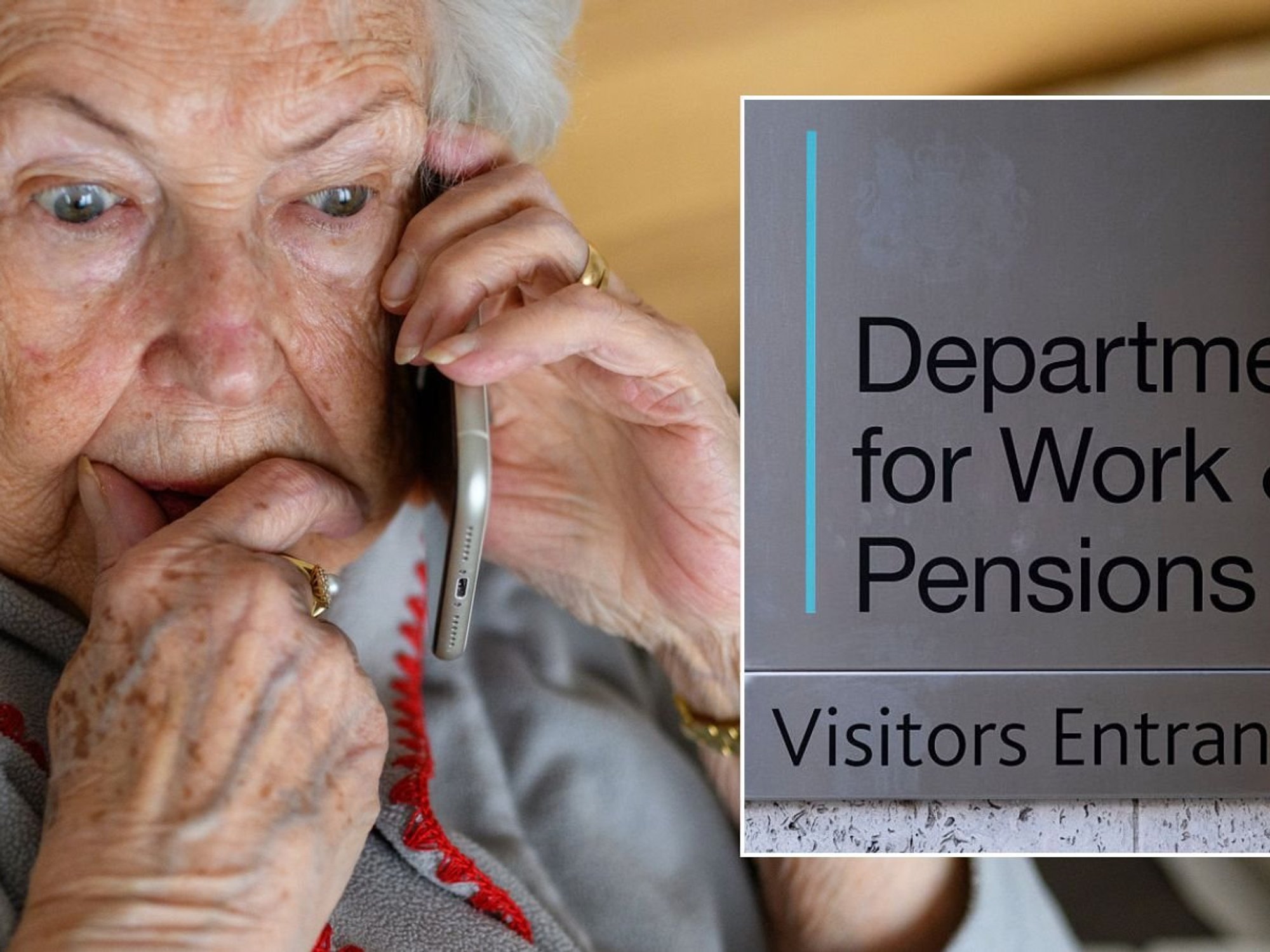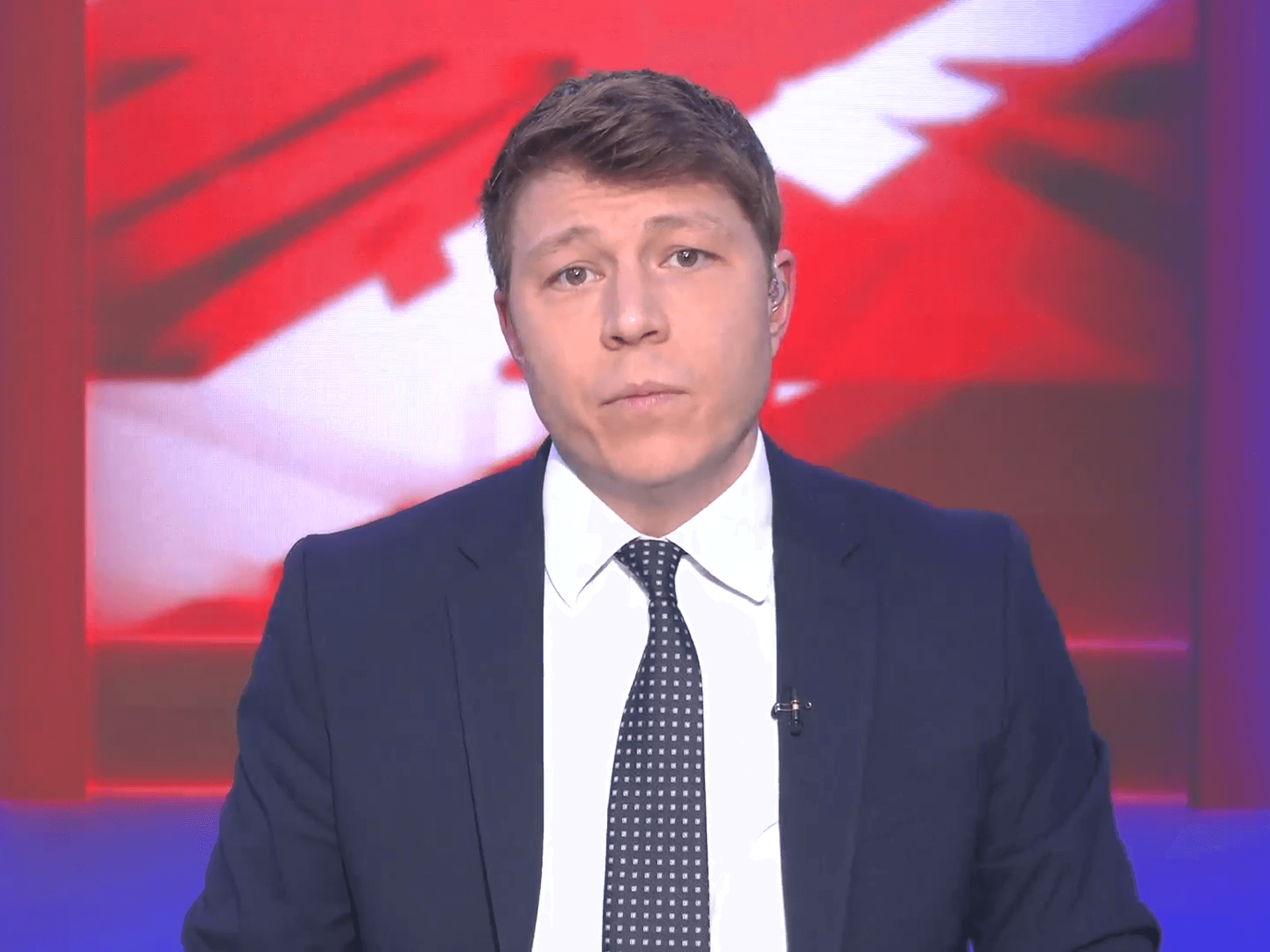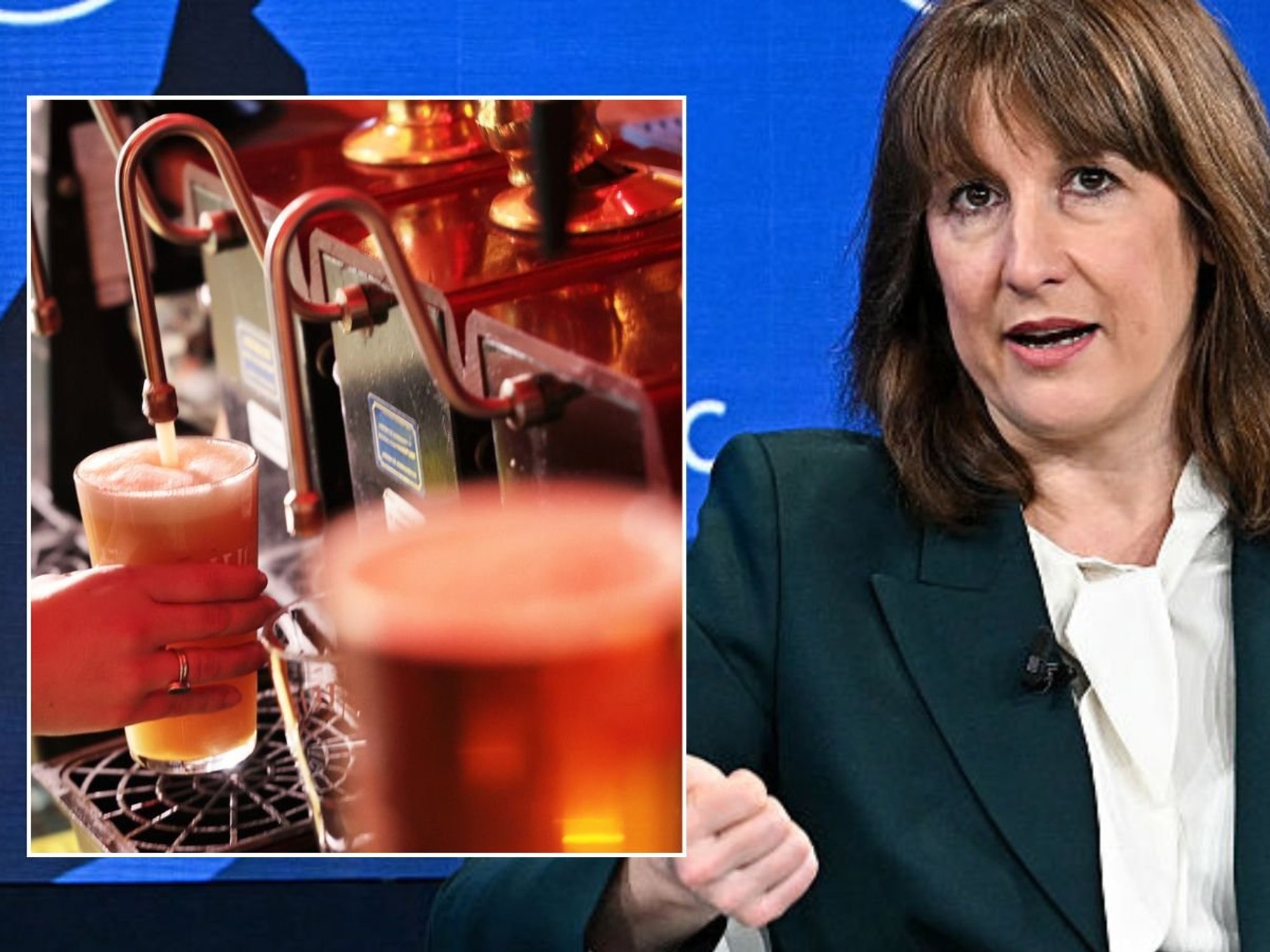EXPOSED: The three bills Labour is pushing into law which are sparking a battle over free speech in Britain

GB News

It's feared that these bills will dramatically expand state powers
Don't Miss
Most Read
Trending on GB News
Alarm bells have been raised over three bills Labour is currently pushing through Parliament.
Despite insisting that it's "committed to freedom of speech and academic freedom", Keir Starmer's Government has been dogged by accusations that it's actively undermining free speech in Britain.
The charge was first levelled the same month Labour swept to power last July, when Education Secretary Bridget Phillipson shelved legislation designed to protect against "cancel culture" in academia.
The suspension sparked widespread fury among academics and was interpreted by free speech advocates at the time as an early warning sign of an incoming authoritarian crackdown.
In the face of growing opposition, Phillipson later U-turned, confirming she would bring in most sections of the Higher Education (Freedom of Speech) Act 2023.
Speaking about her plans for a modified version of free speech law, which proposed fines for universities failing to uphold freedom of speech, the Education Secretary said: "Academic freedom and free speech are fundamental to our world-leading universities and this government is committed to protecting them.
"These changes protect free speech but avoid implementing excessive and burdensome provisions which could have exposed struggling universities to disproportionate costs, diverting money away from students to pay lawyers."
However, this has done little to assuage fears that Labour is actively undermining free speech in Britain as it has introduced legislation that critics claim could be used to police expression.
Here's a closer look at the three bills currently making their way through Parliament - and the risks critics say they pose to free speech in Britain.
Crime and Policing Bill
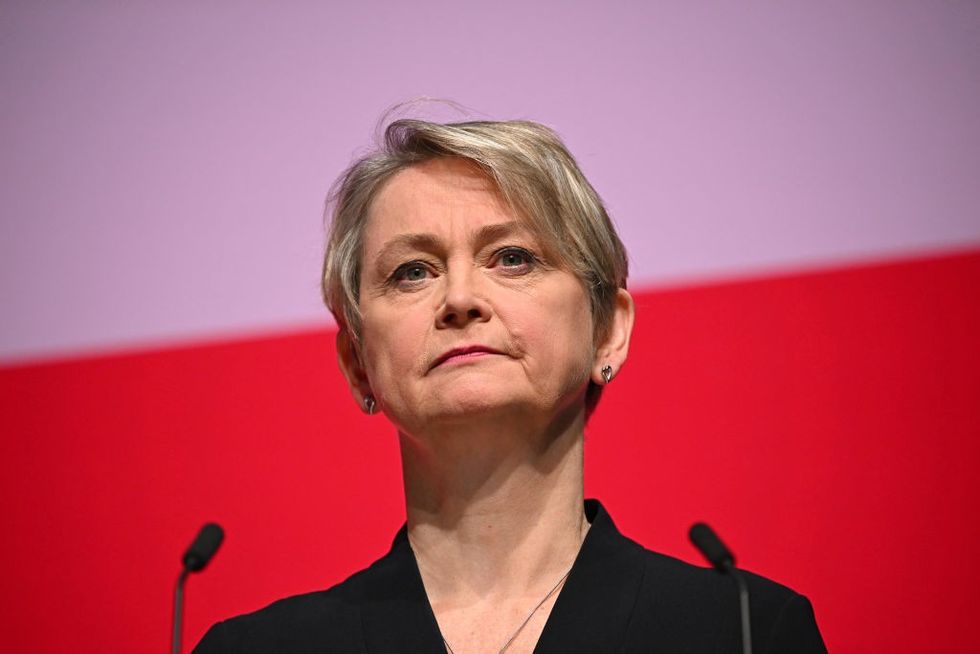 Yvette Cooper has said 'stronger action' is needed to stop the small boats | GETTY
Yvette Cooper has said 'stronger action' is needed to stop the small boats | GETTYYvette Cooper's Crime and Policing Bill is at the core of what Labour calls its "Safer Streets mission", and ministers want it to become law by the end of the year.
Critics argue that certain provisions of the bill may infringe upon civil liberties.
The bill proposes reversing previous limitations on recording non-criminal hate incidents (NCHIs), allowing police to log incidents that, while not criminal, are perceived as hateful.
The Free Speech Union and Fair Cop have threatened legal action, arguing that this could breach Article 10 of the European Convention on Human Rights.
Toby Young of the Free Speech Union stated: "The idea that forcing the police to spend more time investigating ‘non-crime’ is going to reduce actual crime is bonkers."
Meanwhile, shadow home secretary Chris Philp is going to table an amendment to the bill that would make it illegal in almost all circumstances for the police to collect or retain personal data relating to hate incidents where no laws have been broken.
The government cites an increase in antisemitic and Islamophobic incidents as justification for enhanced monitoring.
A Home Office spokesperson stated: "It is vital that the police can capture data relating to non-crime hate incidents when it is proportionate and necessary to do so, to help prevent serious crimes which may later occur."
The bill has already passed its first and second readings and cleared the Committee Stage. It now awaits its third reading, before scrutiny in the Lords.
Employment Rights Bill
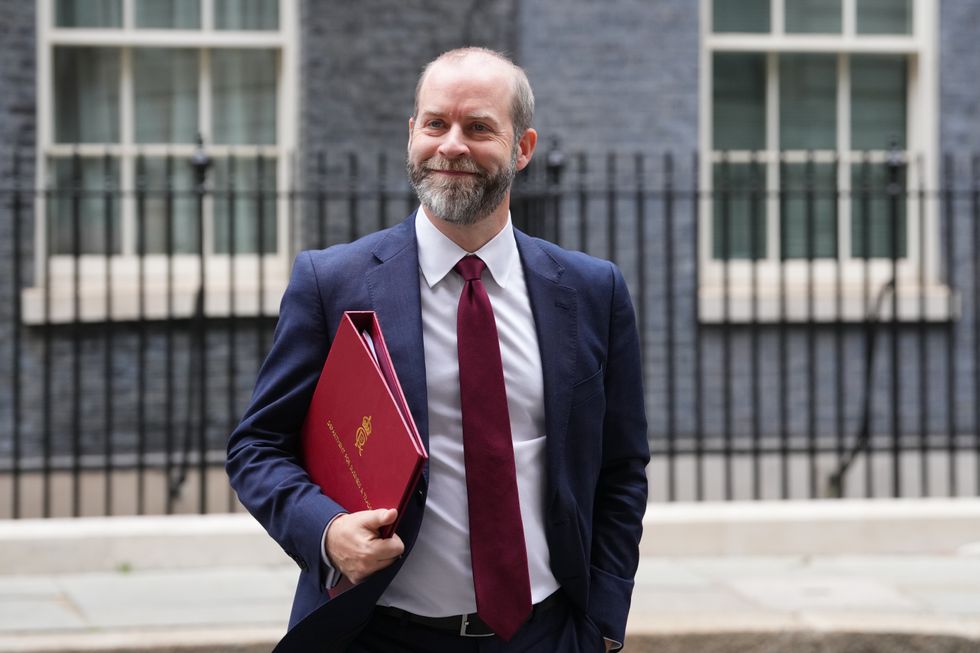
Business Secretary Jonathan Reynolds
| PAThe Employment Rights Bill introduced by Business Secretary Jonathan Reynolds aims to "help more people stay in work, support productivity, and improve living standards".
However, a clause included in the bill has been dubbed the "banter ban" by Free Speech Union chair Lord Toby Young.
Writing in Conservative Home, Lord Young said: "Clause 20 will amend Section 26 of the Equality Act to make employers liable for the 'harassment' of their employees by third parties, i.e., members of the public.
"If it goes through unamended, employers will have to take 'all reasonable steps' to protect their employees from being 'harassed' by their customers and if they fail to do so they could be sued in the Employment Tribunal.
"I’ve described Clause 20 as the ‘banter ban’ because it will mean employers having to protect their employees from overhearing jokes or opinions or expostulations that they might find offensive by virtue of their protected characteristics."
Labour says this will address situations where employees, particularly in customer-facing roles like hospitality, retail, or healthcare, face harassment from third parties, such as offensive remarks or behaviour overheard or directed at them.
However, Lord Young and others counter that the expanded legislation will force employers to police casual conversations or jokes among customers to avoid liability.
The Employment Rights Bill is in the Lords’ committee stage and could receive Royal Assent by the end of this year.
Children’s Wellbeing and Schools Bill
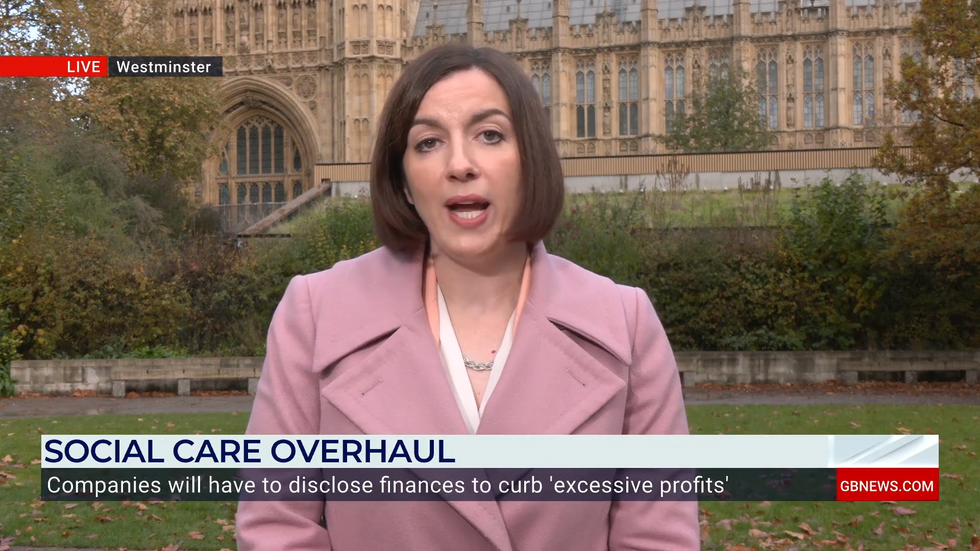
Bridget Phillipson introduced the legislation
| GB NewsIntroduced in December, the Children’s Wellbeing and Schools Bill, introduced by Labour, has sparked significant concern among home-educating families and free speech advocates.
A particular point of contention is a provision — referred to as Clause 44—that could subject parents to fines or imprisonment if authorities disapprove of their home education approach.
Under the plans, parents would be required to seek local authority consent to remove a child from school for the first time.
'In other words, parents who opt to homeschool could be criminalised if authorities don’t like their approach', one free speech proponent wrote on X.
The fear is that parents would be forced to send their kids through an education system that they view as increasingly censorious and illiberal, thereby policing their ideas and speech.
Parents have said it curtails their right to be free to choose the best educational options for their children. Free speech advocates also warn that it means their children will be forced to comply
Aime Miles from Kingham, a campaigner with the Home Education Alliance, said the bill was causing huge concern for families who believe local authorities could force their children to attend school.
She told the BBC: "There are an awful lot of families who say they feel terrified, some are crippled with anxiety over this. It's becoming a very horrible situation where we distrust parents to parent. What we should be doing is supporting them in whatever decision they've made for the benefit of their child."
Speaking during the second reading of the Children's Wellbeing and Schools Bill in the House of Lords, Lord Young pointed out how "successful the education reforms the Government wants to reverse" and urged it to be guided by the "evidence not ideology".
In response to criticism, Education Secretary Bridget Phillipson emphasised that the bill aims to enhance child safety both within and outside of schools. She stated that opposing the bill would be tantamount to opposing the safety and future of children, highlighting the bill's role in improving safeguarding measures
The bill passed its second reading in the Lords earlier this month, and is now in the committee stage and could receive Royal Assent by the end of the year.






